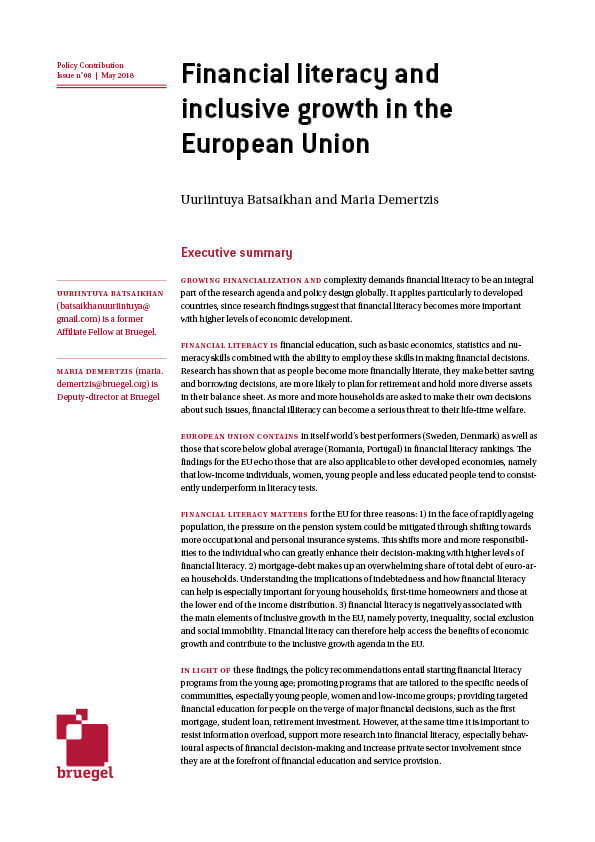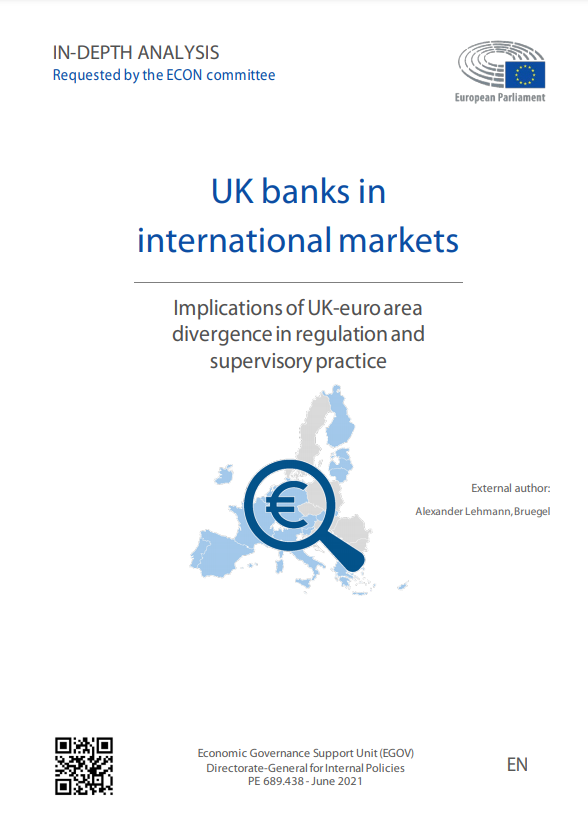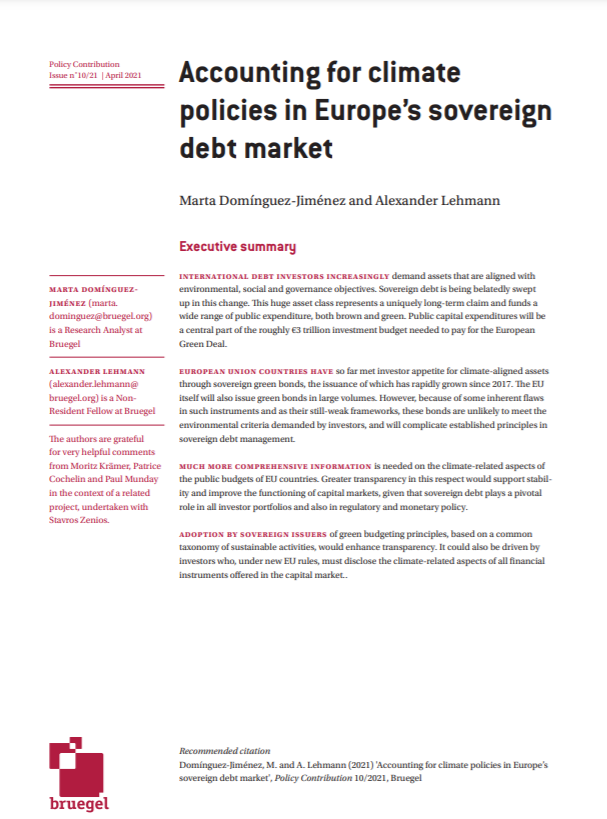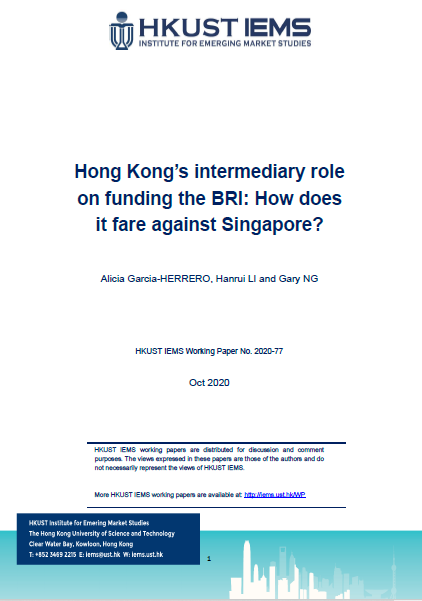Policy Contribution
Financial literacy and inclusive growth in the European Union
Financial literacy is financial education, such as basic economics, statistics and numeracy skills combined with the ability to employ these skills in making financial decisions. As more and more households are asked to make their own decisions about such issues, financial illiteracy can become a serious threat to their life-time welfare. The authors of this paper explain why financial literacy matters and suggest, in light of their findings, some policy recommendations.
Growing financialization and complexity demands financial literacy to be an integral part of the research agenda and policy design globally. It applies particularly to developed countries, since research findings suggest that financial literacy becomes more important with higher levels of economic development.
Financial literacy is financial education, such as basic economics, statistics and numeracy skills combined with the ability to employ these skills in making financial decisions. Research has shown that as people become more financially literate, they make better saving and borrowing decisions, are more likely to plan for retirement and hold more diverse assets in their balance sheet. As more and more households are asked to make their own decisions about such issues, financial illiteracy can become a serious threat to their life-time welfare.
The European Union contains in itself the world’s best performers (Sweden, Denmark) as well as those that score below global average (Romania, Portugal) in financial literacy rankings. The findings for the EU echo those that are also applicable to other developed economies, namely that low-income individuals, women, young people and less educated people tend to consistently underperform in literacy tests.
Financial literacy matters for the EU for three reasons: 1) in the face of rapidly ageing population, the pressure on the pension system could be mitigated through shifting towards more occupational and personal insurance systems. This shifts more and more responsibilities to the individual who can greatly enhance their decision-making with higher levels of financial literacy. 2) mortgage-debt makes up an overwhelming share of total debt of euro-area households. Understanding the implications of indebtedness and how financial literacy can help is especially important for young households, first-time homeowners and those at the lower end of the income distribution. 3) financial literacy is negatively associated with the main elements of inclusive growth in the EU, namely poverty, inequality, social exclusion and social immobility. Financial literacy can therefore help access the benefits of economic growth and contribute to the inclusive growth agenda in the EU.
In light of these findings, the policy recommendations entail starting financial literacy programmes from a young age; promoting programmes that are tailored to the specific needs of communities, especially young people, women and low-income groups; providing targeted financial education for people on the verge of major financial decisions, such as the first mortgage, student loan, or retirement investment. However, at the same time it is important to resist information overload, support more research into financial literacy, especially behavioural aspects of financial decision-making, and increase private sector involvement since they are at the forefront of financial education and service provision.














